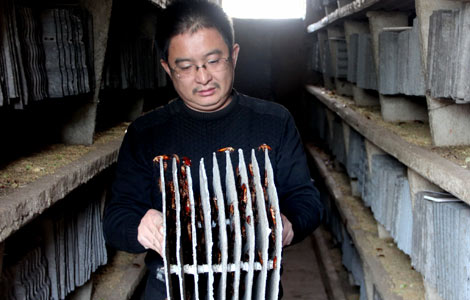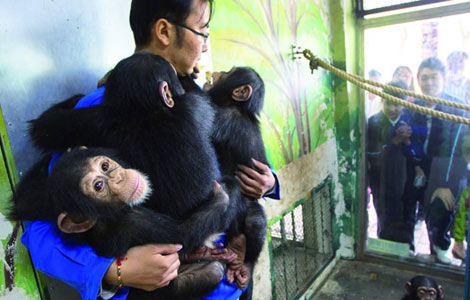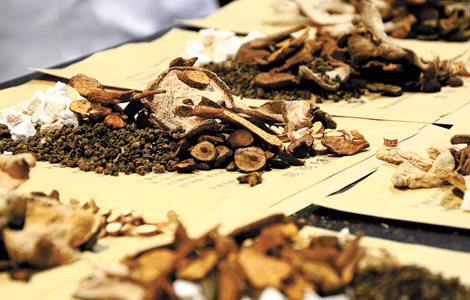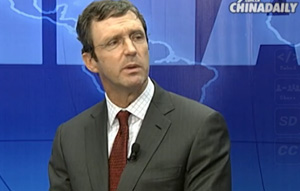Local officials' grip on power loosened
Updated: 2013-11-27 08:10
By Jiang Xueqing, Zhao Xu and Wang Shanshan in Beijing (China Daily)
|
||||||||
The local vote
Grassroots political activity came to the fore at the recent Third Plenum, when the body's members agreed to add the promotion of democratic politics in China's rural areas to the reform agenda.
The subject is a contentious one. Su Jianxin, 63, who worked as a village official in Jiangxi province for 28 years, said he's dissatisfied with the current election system at village and township levels.
"Democratic elections became popular in the 1980s, with people above 18 voting for candidates nominated by the higher-level governments," he said.
"But things changed when hustings were introduced a few years ago. Now, everyone is qualified to compete for posts in the village, prompting farcical things such as canvassing and even fights between candidates" said Su, who claimed to have heard of candidates spending hundreds of thousands of yuan on a single campaign and mobilizing relatives and friends to lobby for them. Election kickbacks are said to include expensive cigarettes, sumptuous meals and hard cash.
However, Yu Jianrong, head of the Rural Policy Study Center at the Chinese Academy of Social Sciences, said a return to the old system is all but impossible. "Manipulation and bribery are quite routine in rural elections now. That has resulted in 'fake democracy' in the elections. Things won't change if we go back to the old system," he said.
"Actually, elections at village level are meaningless to me; a village is supposed to be a community organization rather than a power organization, which means village officials should not be given the power to control the assets of other villagers, such as houses. That's the key point," he said.
- Wu Wencong
Most Viewed
Editor's Picks

|

|

|

|

|

|
Today's Top News
EU demands protection against US surveillance
China, Romania call ties 'exemplary'
First Web anti-monopoly lawsuit begins trial
Qualcomm in anti-monopoly probe
US troops pullout in Afghanistan
Li looks to closer relations
Nine detained over pipeline blast
China readies moon rover mission
US Weekly

|

|













